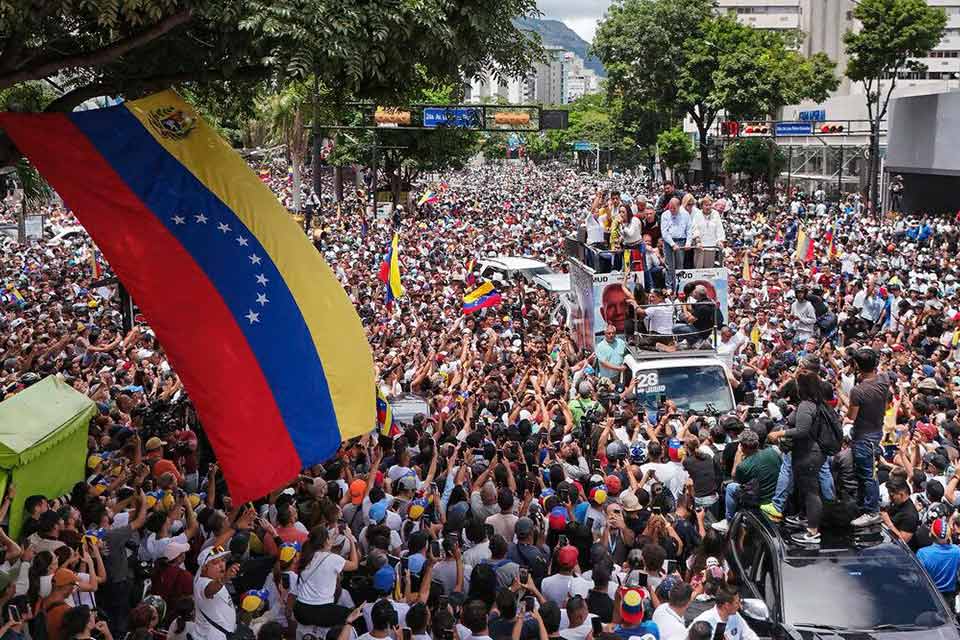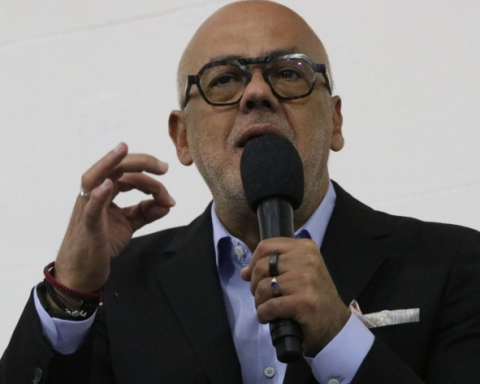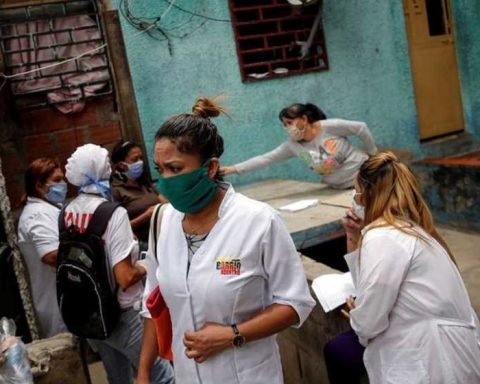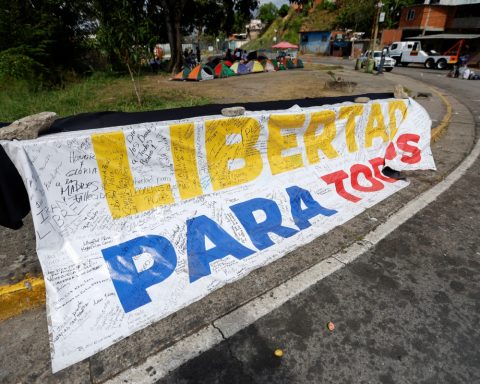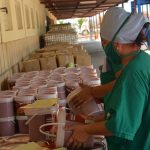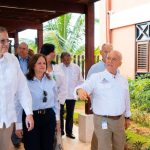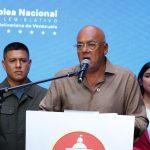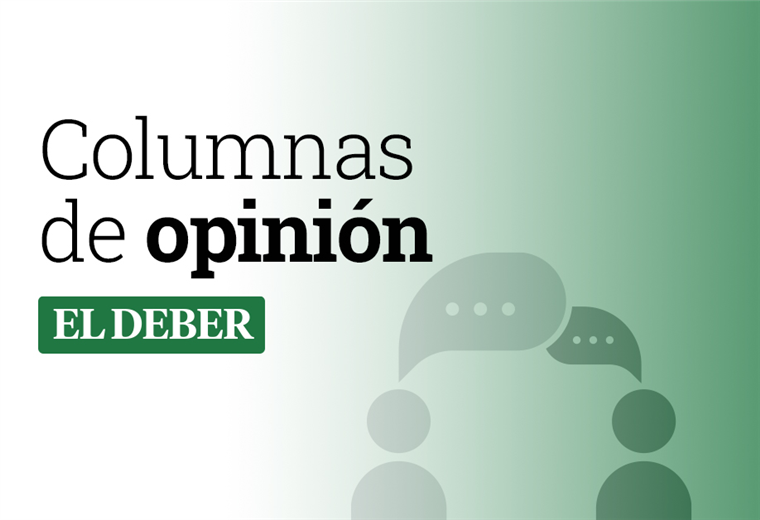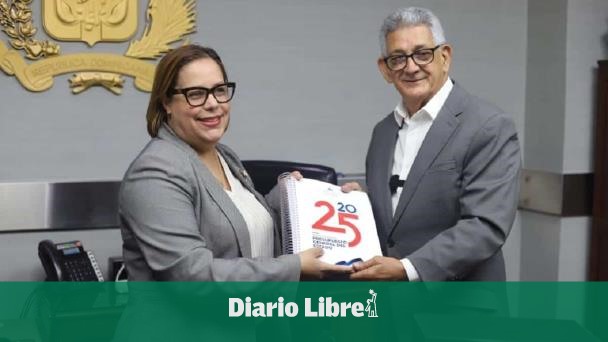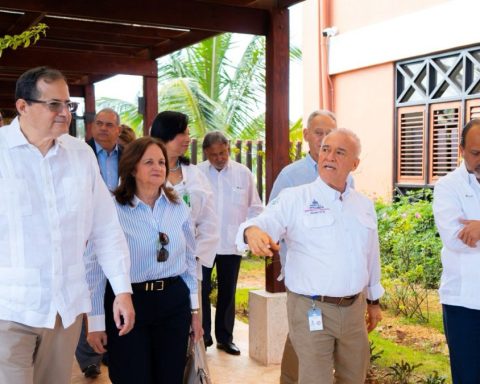The Venezuelan State has imprisoned almost two thousand people for political reasons between July 28 and September 28, two months after the presidential elections that, according to the CNE, gave Nicolás Maduro the winner. According to organizations that defend human rights, all detainees are denied private defense, visits from their families and are subjected to cruel treatment.
When he was preparing to stamp his passport and move to the capital of Colombia, Bogotá, the vice president of the Primero Justicia Organization (PJ) in Zulia and head of the Maracaibo Mayor’s Office, Pedro Guanipawas arrested without legal reasons. This was reported by his brother, Tomás Guanipa, through the social network X (Twitter). Caroll Figueredo, the victim’s wife, stated that she did not know his whereabouts.
The arrest of Pedro Guanipa has been interpreted by various political leaders as a new threat and blackmail so that his brother, Juan Pablo Guanipa – one of the closest collaborators of the leader of Vente Venezuela (VV), Maria Corina Machado– surrender to the authorities.
The Maduro regime kidnaps @pedroguanipavbrother of our friend and fellow fighter @JuanPGuanipa. The dictatorship applies Sippenhaft, a fascist practice of the Nazis that consisted of imprisoning children, siblings, partners or any family member of politically persecuted people to… pic.twitter.com/R0R9ag7ln4
— Alfredo Ramos (@AlfredoARamos) September 27, 2024
A month earlier, on August 28, after finishing the “Acta mata sentencing” demonstration called by Machado, his campaign command denounced through X the persecution of Juan Pablo Guanipaalso leader of PJ and brother of Pedro. He was also persecuted on that occasion Biagio Pilieri, Convergencia coordinator, by a group of unidentified men.
Pilieri was captured along with his son and taken to El Helicoide. Guanipa managed to escape, but his brother Pedro now joins the 11 imprisoned from the aurinegra awning counted to date.
Two months have passed since the National Electoral Council (CNE) announced the results of the presidential elections of July 28, which declared Nicolás Maduro as the winner for a third six-year term. and simultaneously national protests also began on July 29 due to the announcement. The State security forces have imprisoned a total of 1,867 Venezuelans, identified and confirmed by the organization Foro Penal until September 23, for protesting, expressing opinions contrary to the government’s ideals, or simply being on the street even if they were not there. manifesting.
Balance of #PoliticalPrisoners in Venezuela on 09/23/2024 by 𝗙𝗼𝗿𝗼 𝗣𝗲𝗻𝗮𝗹:
We have registered and classified the largest number of prisoners for political purposes known in #Venezuelaat least in the 21st century. We continue to receive and register detainees.
𝗧𝗼𝘁𝗮𝗹 𝗽𝗿𝗲𝘀𝗼𝘀… pic.twitter.com/SYC755GQ4C
— Penal Forum (@ForoPenal) September 26, 2024
Of this total, 1,637 are men, 230 women, 68 adolescents – between 14 and 17 years of age -, and 159 are soldiers. 151 were convicted. “We have registered and classified the largest number of prisoners for political purposes known in Venezuela, at least in the 21st century,” the NGO revealed in X.
According to the organization, almost a thousand people are in the Aragua Penitentiary Center, better known as stump.
To the extensive list of detainees – mostly young people – are added 64 political actors, 18 journalists and five activists for Human Rights (HR)who were intercepted in the street, on the highways, or taken from their homes without a search warrant or explicit reasons.
Persecuted for giving their opinion
By the end of August, there were 59 arrests of political actors throughout the country. On the eve of the second month after the elections, there are five more arrestscounting that of Pedro Guanipa.
On September 4, they were arrested in different states of the country: Jesus Superlanoleader of the left-wing party Patria Para Todos (PPT), and Nizar Askulby Popular Will. The first was captured in the city of Barquisimeto, Lara. The second was intercepted in a park in the state of Barinas when he was walking with his two-year-old daughter. Alleged officials of the Bolivarian National Police (PNB) and another unidentified person took him away. He was released at 6:00 pm the same day.
On September 12, the coordinator of the Prociudadanos party, Leocenis Garciawas arrested by officials of the Bolivarian National Intelligence Service (Sebin), allegedly after posting a video on his social networks where he expressed the »outrage» to the Venezuelan Constitution and the »violation» of article 5 which dictates: »Sovereignty resides non-transferably. in the town (…) The organs of the State emanate from popular sovereignty and are subject to it.».
This was the video for which Leocenis García was arrested.
What does Leocenis García say here?
What bothered the government so much?1. They are violating the very constitution that Chávez proposed. The constitution that unites the country today. Pedagogically points out the violated articles.
2. Point out,… pic.twitter.com/tFqmFhLcUT
— Sergio Sánchez 🇻🇪🇺🇦🇵🇸 (@SSanchezVz) September 13, 2024
His family assured that they would have accused him of “terrorism” for this. The coordinator was transferred to the El Rodeo I Prison, according to a publication by lawyer Tamara Suju in
The arrest of Hector Alonso EsquedaRegional Coordinator in Cojedes of the political party Independent Generation (People)which occurred on August 4, an arrest that had not been added to this record.
Journalist in Yare
Security forces continue to harass media outlets, journalists and human rights activists for being contrary to the political orientation and actions of the State. By the end of August, the Rebel Alliance Investigates (ARI) had recorded the arrest of 17 journalistsof which seven have already been released. But one case adds to this list: that of Virmalia García. She was apprehended days after the arrest of the communicator, Victor Ugas, captured in his residence by security personnel after having a verbal and physical confrontation in the smoking area of a store with the official tiktoker, Emmanuel Marcano.
*Read also: They pressure detained teenagers to admit crimes they have not committed, NGO denounces
Ugas was brought before the courts and charged with alleged crimes of inciting hatred and gathering, and later transferred to Tocorón. Garcia She was accompanying Ugas at the time of the altercation and according to the National College of Journalists (CNP), she was detained on August 20 in the San Bernardino neighborhood, Capital District, by two alleged hooded officials.
He CNP reported for this report that García is at the Bolivarian National Police (PNB) station located in El Valle.
A report made by the Rebel Alliance Investigates (ARI) shows the arrest of five activists –with two releases– throughout the country. This last record remained without news in the last month.
International declarations
Among the political actors, ten are held in El Helicoide, three in Tocorón, one in the Tocuyito Penal Center, others would be distributed in local Sebin headquarters and police stations, while the exact whereabouts of the rest of those held are unknown.
Ten politicians were charged with alleged crimes of incitement to hatred, resistance to authority, criminal association and/or terrorism, and 11 of them were released.
In the report of the Venezuela Fact Finding Mission of the United Nations Organization (UN), presented before the General Council of the same in Geneva, Switzerland, on September 20, it was reported that in the majority of cases, the arrests were carried out without a court order, despite there being no flagrante delicto, and/or without informing the reason for the arrest.
The document noted the practice of denying arrestees the right to private defense and imposed public defense on them. lThe detainees were brought before the judges long after the 48-hour period established by the legal framework. Furthermore, they were not allowed to contact their families.
In the document he detailed the torture applied to prisoners for political reasonsas beatings with fists and wooden boards or bats wrapped in foam, electric shocks – including to the genitals –, suffocation with plastic bags, immersion in cold water, and sleep deprivation with constant lighting and loud music.
The conditions of confinement in cells were also commented smallfour square meters, and unhealthy. »Examples include the maximum security prison El Rodeo I and the Yare III prison, where inmates face isolation, lack of access to adequate food and water, and arbitrary visitation restrictions.», says the document.
Post Views: 570
